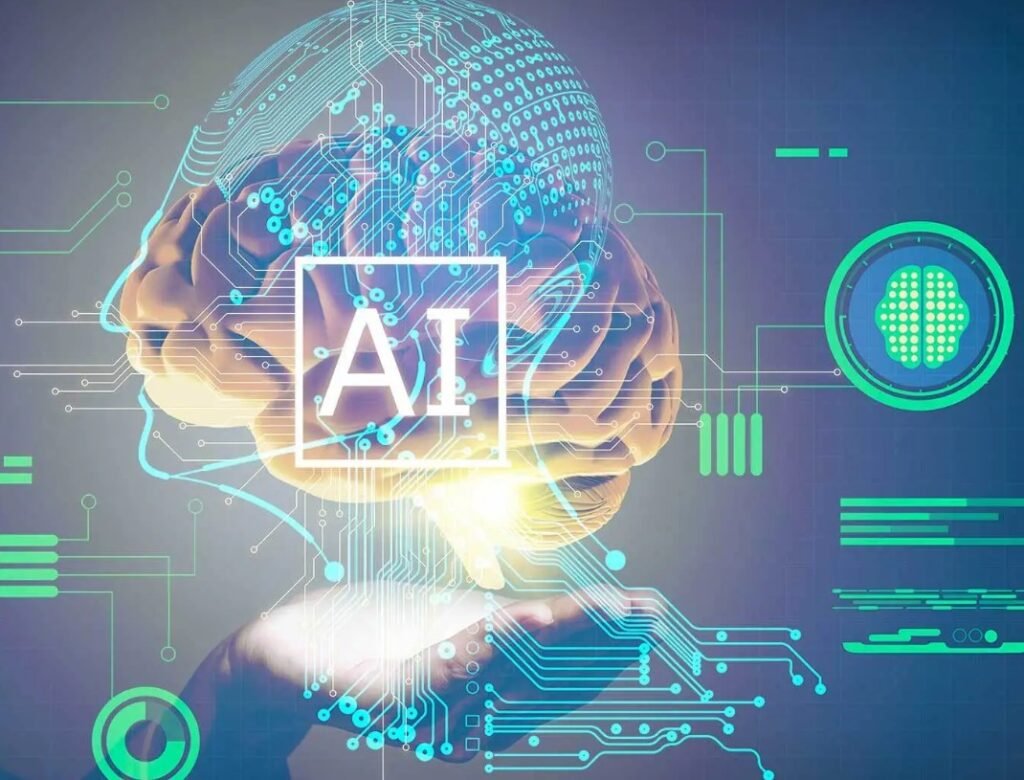Last week, the World Science and Technology Development Forum in Beijing set the stage for a major announcement: the 2024 outlook on the top 10 AI frontier technology trends. Guided by Qiao Hong, chairman of the World Robot Cooperation Organization, this annual release presented a forward-looking view on AI’s development areas, focusing on ethics, interpretability, and advanced models like embodied AI systems. The forum, attended by hundreds of scientists and leaders from across the globe, underscored the societal impact of AI and the urgent need for thoughtful, ethical AI development frameworks.
A Diverse Outlook on AI: From Ethical Models to Physical AI Systems
The unveiling of AI’s top trends spanned various applications, with experts emphasizing boundary and ethical supervision models, full-modal large models, embodied AI, and world simulators. The overarching theme? Building responsible AI that addresses compliance, security, and ethical challenges—factors that have only grown more crucial in AI’s rapid evolution. This focus on ethical AI models reflects a global urgency, one that was echoed by Qiao Hong, who noted AI’s “infinite possibilities and potential” in reshaping industries while calling for a solid regulatory foundation.
Here’s a snapshot of the core trends presented at the forum:
- Ethical Supervision Models: Frameworks to guide compliance and security.
- Interpretable AI Models: Systems that increase transparency and trust.
- Embodied Small Brain Models: Specialized AI capable of interacting in physical spaces.
These areas are not merely theoretical—they highlight AI’s reach into practical, ethically guided applications that could impact healthcare, finance, and beyond. Qiao’s optimism was clear: AI is not just about advancing technology but about integrating it thoughtfully into society.

Ethical Supervision Takes Center Stage as AI Expands
One of the most discussed aspects of the 2024 AI trends was the ethical framework, seen as crucial in the face of rapidly expanding AI capabilities. Leading scholars at the forum stressed that setting boundaries and guidelines now will prevent more severe issues in the future. With compliance and security challenges emerging as central issues, calls for AI models that integrate ethical standards from inception are becoming increasingly vocal.
According to experts, an effective ethical supervision model would include:
- Clear Standards and Regulations: Policies to govern AI development.
- Compliance Guidelines: Ensuring AI models meet societal and legal standards.
- Long-Term Accountability: A framework for responsible use and monitoring.
This ethical dimension in AI development reflects the dual responsibility of AI creators and regulators to establish a foundation for safe and compliant technologies. As global industries embrace AI, these ethical boundaries will be integral in ensuring technology serves public interest rather than undermining it.
Groundbreaking Technologies Poised to Transform Daily Life and Industry
Beyond ethics, the forum highlighted technologies that promise to push AI capabilities further into the realm of human applications, with physical AI systems and embodied small brain models capturing significant attention. These advancements signal a move towards AI models that not only process information but also perform actions in physical environments, embodying characteristics of intelligence and adaptability seen in humans.
| Frontier AI Trend | Key Feature | Potential Application |
|---|---|---|
| Physical AI Systems | AI with physical presence or robotic form | Healthcare, Manufacturing |
| Embodied Small Brain | Compact, action-oriented AI for specialized tasks | Consumer Tech, Autonomous Vehicles |
| World Simulators | Models capable of predicting and interacting with virtual worlds | Training, Simulation in Education |
With physical AI systems, for instance, the possibilities extend to industries like healthcare and manufacturing, where robots with advanced AI could support operations in new, highly efficient ways. Meanwhile, embodied small brain models are expected to lead in tasks that require on-the-spot decision-making and rapid adaptability, crucial for advancements in autonomous vehicles and robotics.
A Global Gathering of AI Minds with Future-Defining Vision
The forum brought together a distinguished assembly of scientists, with 27 heads of international scientific organizations in attendance, each contributing their perspective on the future of AI. Topics such as shared scientific infrastructure, sustainable ocean development, and AI ethics shaped a comprehensive agenda that mirrored the collaborative spirit driving these advancements. Leaders recognized the need for a united approach to both harness AI’s potential and mitigate risks associated with its unchecked development.
As Qiao Hong articulated, AI’s potential is limitless, but its application must be guided by collective action and stringent supervision. The unveiling of these top trends is not just an announcement—it’s a call to researchers, technologists, and policymakers alike to shape AI’s future responsibly.
